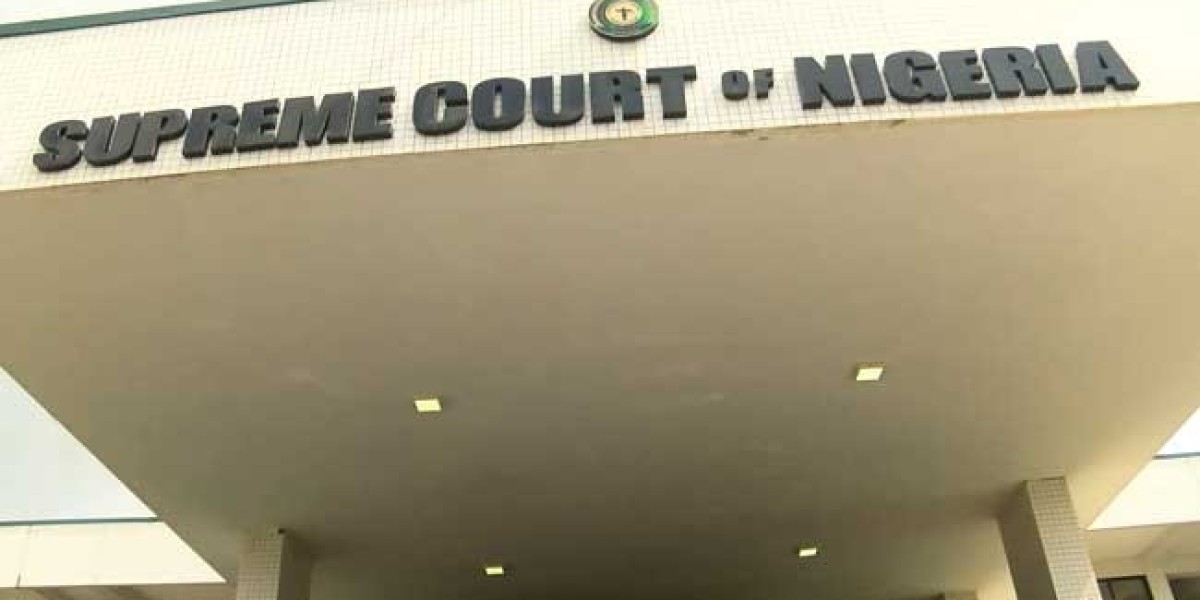The Supreme Court has scheduled October 22 for the hearing of a suit filed by 16 state governments challenging the constitutionality of the laws establishing the Economic and Financial Crimes Commission (EFCC) and two other entities.
A seven-member panel, led by Justice Uwani Abba-Aji, set the date after the states were added as co-plaintiffs, and the court granted permission to consolidate the case, which was initially filed by the Kogi State Government through its Attorney General.
The states involved in the suit include Ondo, Edo, Oyo, Ogun, Nasarawa, Kebbi, Katsina, Sokoto, Jigawa, Enugu, Benue, Anambra, Plateau, Cross River, and Niger.
The plaintiffs base their challenge on the supremacy of the Constitution, asserting that any law conflicting with it should be declared null and void.
They argued that in the case of Dr. Joseph Nwobike vs. the Federal Republic of Nigeria, the Supreme Court had ruled that the EFCC Establishment Act was based on a UN Convention against corruption. However, when this law was enacted in 2004, the plaintiffs claim that Section 12 of the 1999 Constitution (as amended) was not followed.
The states contend that for any convention to become Nigerian law, Section 12 requires approval from a majority of state Houses of Assembly, which they allege did not happen before the EFCC Act and similar laws were passed.
Therefore, they argue that the law, as enacted, cannot apply to states that did not endorse it in line with the provisions of the Nigerian Constitution. As a result, they assert that any institution formed under such a law should be considered illegal.
During the court proceedings, most states requested to be added as co-plaintiffs, while two states sought an order to consolidate the case.
Kogi State’s Attorney General, Abdulwahab Mohammed, informed the court that 13 states wanted to join as co-plaintiffs, while two requested consolidation.
To streamline the process, Mohammed suggested that those wanting to join as co-plaintiffs should be added, while those seeking consolidation should file their applications within seven days.
Following the submissions, Justice Abba-Aji granted the requests and adjourned the case for hearing on October 22.
The Attorney General of Kogi State had initially sued the Attorney-General of the Federation (AGF) as the sole defendant.
In the originating summons filed by a legal team led by Professor Musa Yakubu, SAN, Kogi State raised six key legal questions and sought nine specific remedies.
Among the reliefs sought were declarations that the Federal Government, through the Nigerian Financial Intelligence Unit (NFIU) or any federal agency, lacks the authority to issue directives on the management of Kogi State or its Local Government funds, and that neither the EFCC nor NFIU has the power to investigate or take action on matters related to the administration of such funds.



